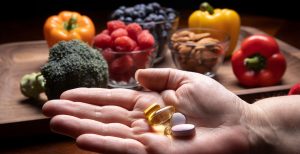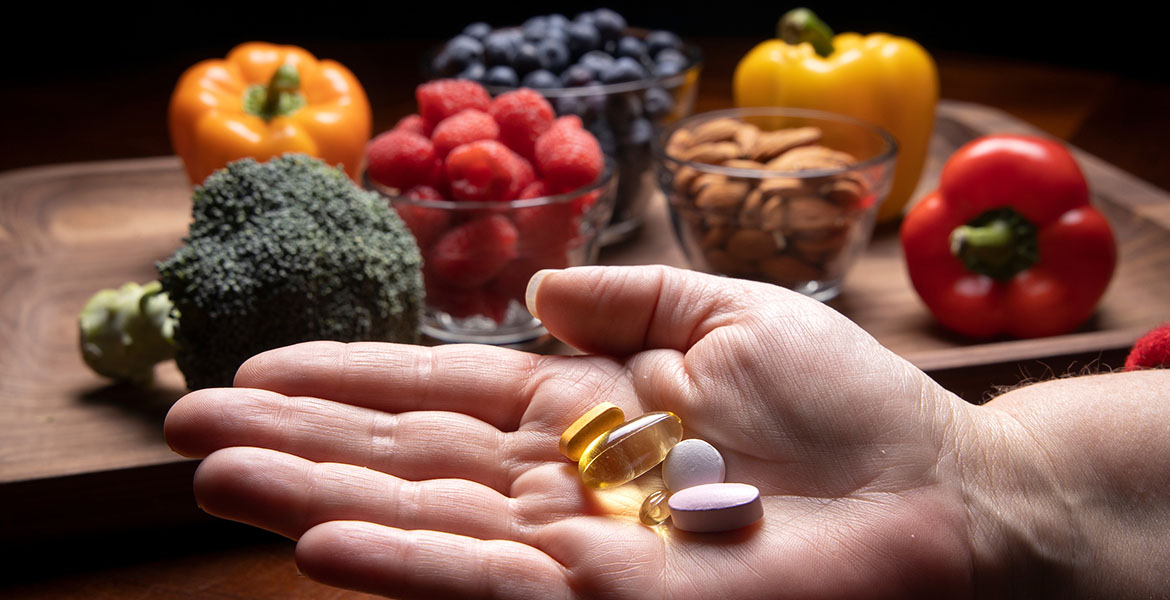In the bustling rhythm of modern life, maintaining a strong immune system is essential for staying healthy and energetic. The immune system is our body’s defense mechanism against infections and diseases. Fortunately, certain health supplements and foods can naturally bolster our immune system and enhance our energy levels. Here, we explore the vitamins and foods that are key to achieving this goal.
Vitamins that Boost the Immune System
Vitamin C is perhaps the most well-known immune booster. It increases the production of white blood cells, which are crucial in fighting infections. Regular intake of vitamin C can reduce the duration and severity of colds.
Vitamin D plays a significant role in immune function. A deficiency in vitamin D is associated with increased susceptibility to infection. Sun exposure is a natural source of vitamin D, but supplements can help maintain adequate levels, especially in people with limited sun exposure.
Vitamin E is a powerful antioxidant that helps the body fight off infection. This essential nutrient assists in the immune system’s functioning and is found in nuts, seeds, and spinach.
Zinc is a mineral that our body does not produce, but it is critical for immune function. Zinc helps the immune system fight off invading bacteria and viruses. Foods like meat, shellfish, and legumes are rich in zinc, but supplements can also provide an adequate amount.
Selenium is another potent antioxidant that boosts the body’s defenses against bacteria, viruses, and cancer cells. Foods rich in selenium include Brazil nuts, seafood, and poultry.
Foods to Boost Energy
Bananas are rich in carbohydrates, potassium, and vitamin B6, all of which can boost energy levels.
Oats are a great source of long-lasting energy due to their high fiber content and complex carbohydrates. They also contain B vitamins, which help convert food into energy.
Eggs are packed with protein, which can give you a steady and sustained source of energy because it does not cause spikes in blood sugar and insulin when it is digested.
Spinach is rich in iron, magnesium, and potassium. Iron transports oxygen necessary for energy production, while magnesium plays a pivotal role in converting food into energy.
Almonds are not only a good source of healthy fats and proteins but also contain manganese, magnesium, and vitamin B2 (riboflavin), which help produce energy.
Incorporating these vitamins and foods into your diet can significantly enhance your immune system and energy levels. However, it’s always recommended to consult with a healthcare provider before starting any new supplement regimen, especially if you have underlying health conditions. By adopting a holistic approach to health, combining a balanced diet with regular physical activity, and managing stress, you can build a strong foundation for your body to thrive on.


